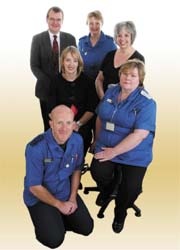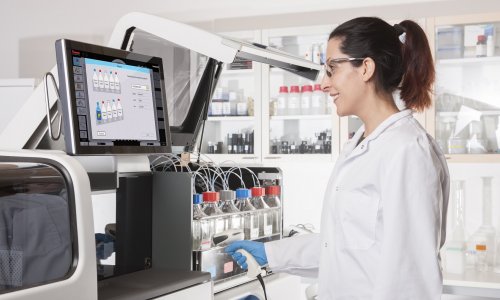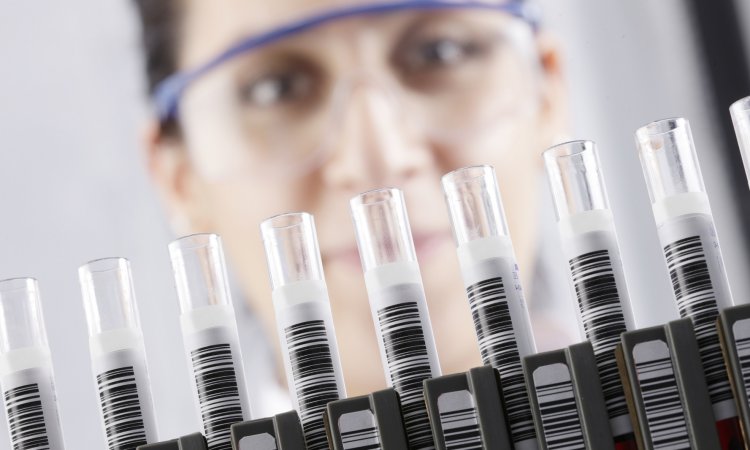UK, Vietnam and Nigeria teams take top infection control awards
With entries from infection control teams from all over the world, with each hospital facing different challenges and with widely differing resources at their disposal, judges working on the 2006/2007 Oxoid Infection Control Team of the Year Awards focused on teams that had demonstrated that they really made a difference to standards of infection control within their own hospitals and have set examples for others to follow.

1st Prize - £5,000
The judges unanimously decided to award to the team at the Royal Wolverhampton Hospitals NHS Trust, UK.
By establishing its Infection Prevention Board as a new sub-group of the Trust Board, the Wolverhampton team had gained involvement from the top down, the judges found. They identified sensible performance indicators and targets, and recognised that the Link Nurse Group was not communicating as efficiently as it could be. They identified leads and champions to provide more effective routes of communication and share best practice in infection control. As one Oxoid judge said: ‘These actions ensure that people are answerable at board level on infection control matters and that there are now no loose ends.’
Key initiatives had also achieved success. MRSA bacteraemia rates fell, multi-faceted initiatives to reduce Clostridium difficile associated diarrhoea (CDAD) were put in place (including a root-cause analysis of every case of CDAD) and practice improvements throughout the Trust have reduced to zero cases of Acinetobacter baumannii colonisation/infection since August 2006.
This infection control team, said another judge, is doing what we should all be doing.
2nd prize £1,000
The small infection control team at the 1,705-bed, Cho Ray Hospital, in Vietnam, impressed the judges with the volume of work they undertook and successes they achieved. During 2006, the team produced educational aids and trained over 4,000 people in basic infection control practice, at their own and surrounding hospitals. Their intervention programmes, modified procedures and new reporting systems showed that hospital-acquired infections had fallen significantly and, despite an increasing incidence of patients with blood-borne infections, exposure to these infections amongst staff had greatly reduced.
3rd prize £500
This had to be awarded jointly to the Southampton University Hospitals NHS Trust, UK and Aminu Kano Teaching Hospital, Nigeria, because the judges found it an impossible task to finally choose between them.
The judges were impressed by the Southampton team’s ‘…solid, hot-spot strategy and target indicators’, working across four hospital sites, and with many infection control challenges.
The team at the Aminu Kano Teaching Hospital in Nigeria ‘…had a holistic approach to infection control and had done a wonderful job with limited resources,’ said the judges. Their reduction of hospital-acquired infection rates and procedures for dealing with hospital waste were cited as particular areas of success.
The microbiology firm Oxoid provides products for hospital laboratories to aid in the diagnosis and prevention of MRSA, Clostridium difficile and other pathogens. Oxoid is part of Thermo Fisher Scientific Inc. With an annual revenue of over $9 billion, and c. 30,000 employees, the company has two premier brands: Thermo Scientific and Fisher Scientific. The former produces a high-end analytical instruments, laboratory equipment, software, services, consumables and reagents. Fisher Scientific produces laboratory equipment, chemicals, supplies and services used in healthcare, scientific research, safety and education.
Details: www.thermofisher.com
26.06.2007





